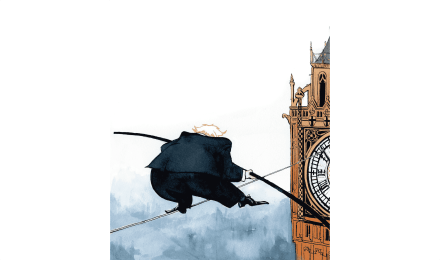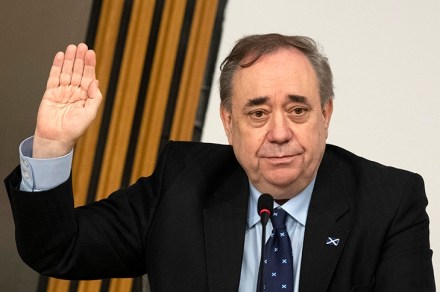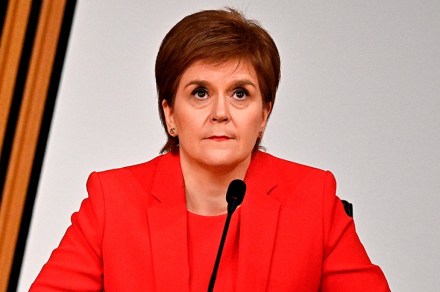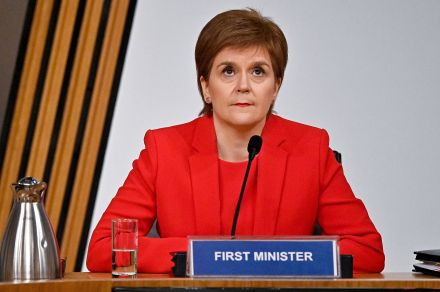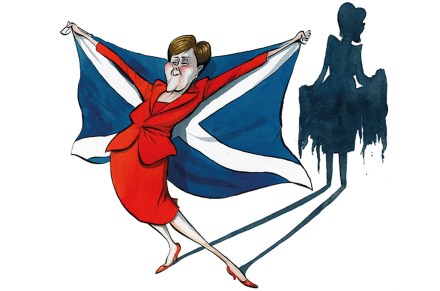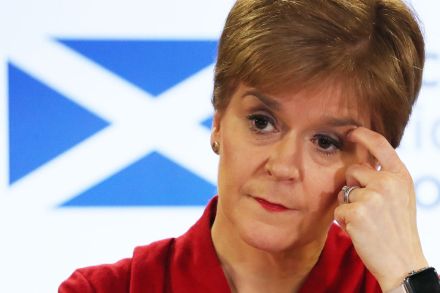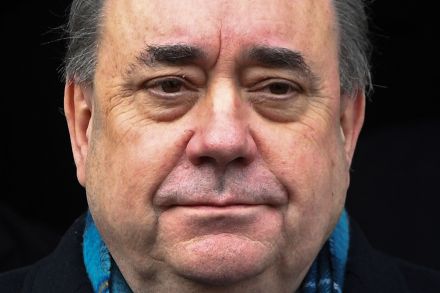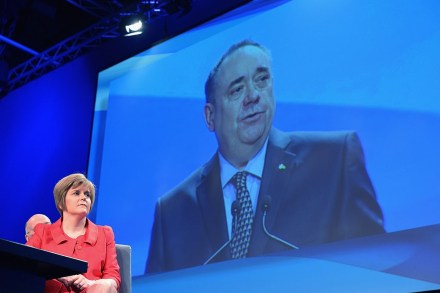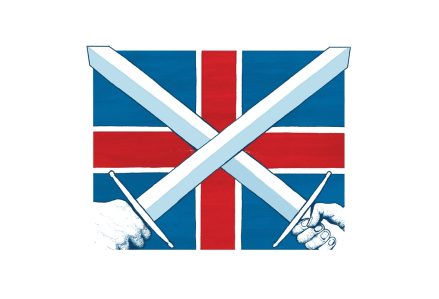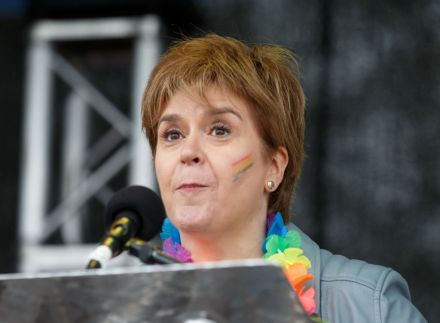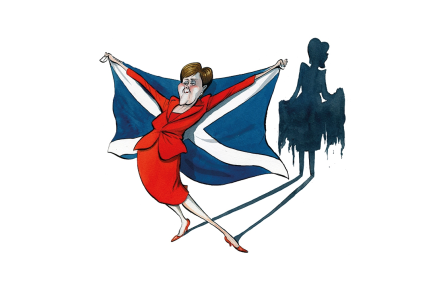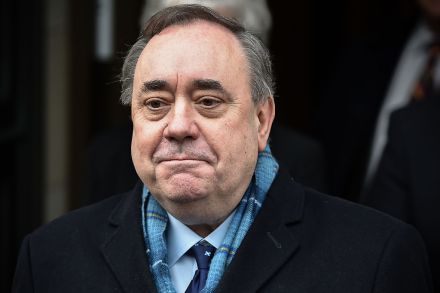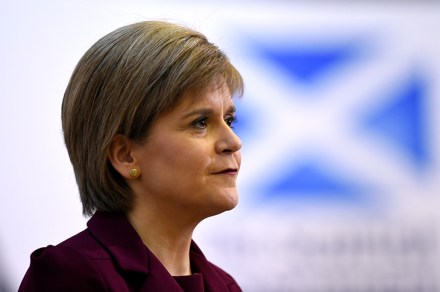Boris Johnson’s new approach to an independence referendum
Unionists are finding reasons for optimism when it comes to saving the union. As Nicola Sturgeon comes under fire north of the border over her handling of the Alex Salmond inquiry, ‘No’ has taken the lead in several recent independence polls. A poll this week for the Scotsman also suggested the SNP is no longer set for a majority in May’s Scottish parliament election; instead it predicted a hung parliament. Of course, the SNP could still secure a majority in the upcoming elections. If anything, that is still viewed as the more likely scenario by Tories in Westminster. This is in part why ministers are having to carefully plan their response as to what do in such
